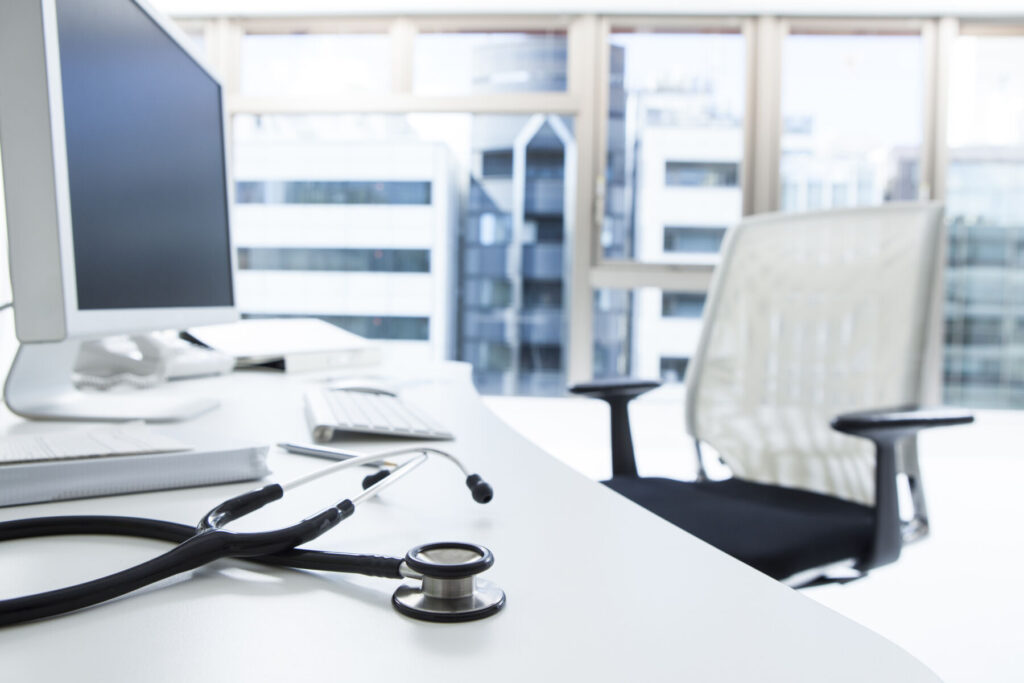
Cleanliness in healthcare facilities isn’t just about appearances—it’s essential for ensuring the safety, health, and trust of everyone who walks through the door. Medical office cleaning goes beyond regular janitorial work to create a safe environment for patients, staff, and visitors. This blog will explore why maintaining a clean medical office is crucial and how it positively impacts healthcare outcomes.
Medical office cleaning is crucial to maintaining a safe and hygienic environment for both patients and staff. It prevents the spread of germs and viruses, reduces allergens, and ensures compliance with healthcare standards. By prioritizing cleanliness, medical facilities enhance patient trust, improve safety, and boost overall satisfaction. A clean office isn’t just about appearances—it’s about delivering quality care and protecting lives.
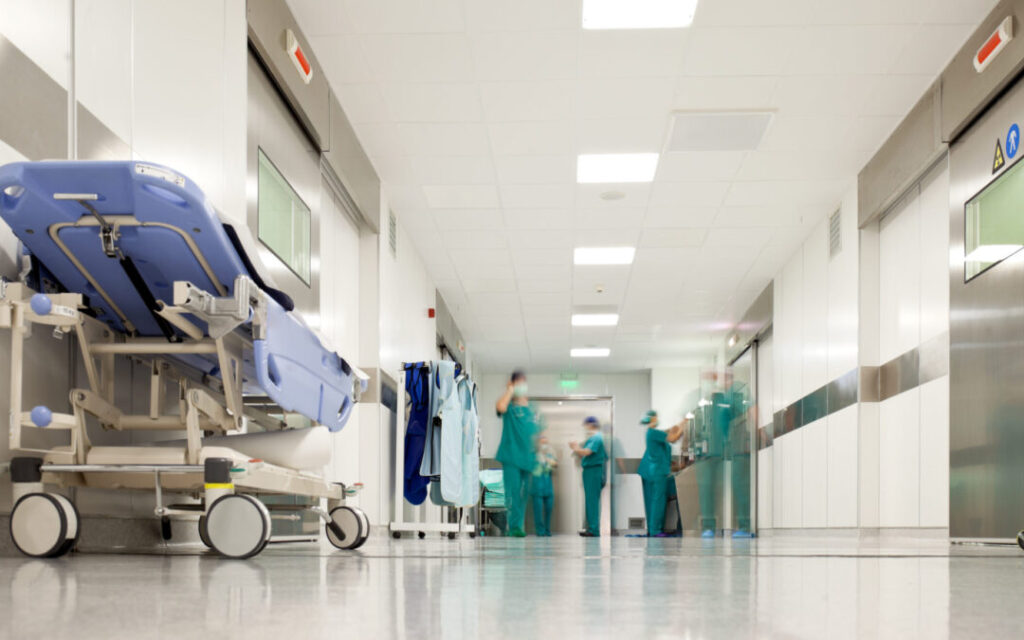
Overview of the Importance of Medical Office Cleaning in Healthcare Facilities
A well-maintained medical office is a cornerstone of quality healthcare. Clean facilities reassure patients that they are receiving care in a safe and hygienic environment, reducing the risks of infections, allergens, and other contaminants.
Keeping from Getting Sick
Regular Cleaning and Maintenance in Medical Offices
Frequent cleaning routines are vital to maintaining a safe environment. Regular cleaning and maintenance can help keep allergens under control in the office, providing comfort to patients and staff who may have sensitivities.
Keeping Allergens Under Control in the Office
Dust, pollen, and other allergens accumulate quickly, especially in high-traffic areas. Effective cleaning routines reduce the presence of these irritants, improving air quality and creating a more pleasant space.
Decreasing the Chances of Germs and Viruses from Spreading
Proper medical office cleaning reduces the chances of germs and viruses spreading, especially in waiting rooms and examination areas where patients interact frequently.
Safety for Patients
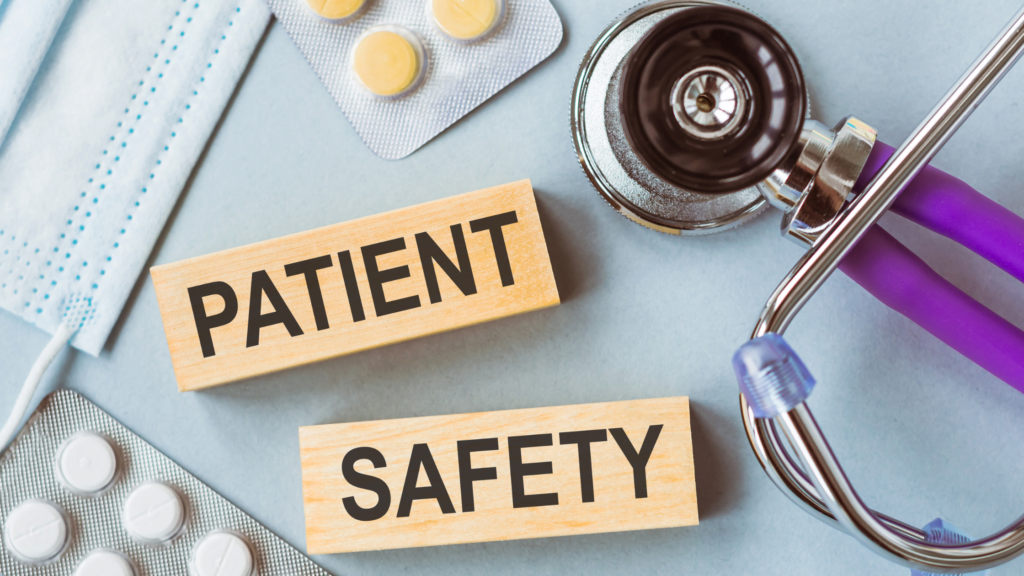
Ensuring Patient Safety and Trust with Clean Medical Environments
A clean office fosters trust. Patients feel confident knowing they’re in a space where hygiene is prioritized, especially during medical examinations or treatments.
The Role of Medical Office Cleaning in Enhancing Patient Confidence
Cleanliness isn’t just about safety—it’s about perception. A spotless medical office demonstrates professionalism and care, reassuring patients that their health is in good hands.
Professional Healthcare Cleaning Services: Protecting Both Staff and Patients
Healthcare workers are constantly exposed to infectious diseases. Professional cleaning services minimize this risk, ensuring that both staff and patients are safe from unnecessary exposure.
Following the Rules
Medical Office Cleaning Services Help Prevent Risk Exposure
Risk exposure can lead to severe consequences in healthcare. Medical office cleaning services help prevent these risks by eliminating contaminants that could jeopardize health.
Infection Control in Healthcare Settings
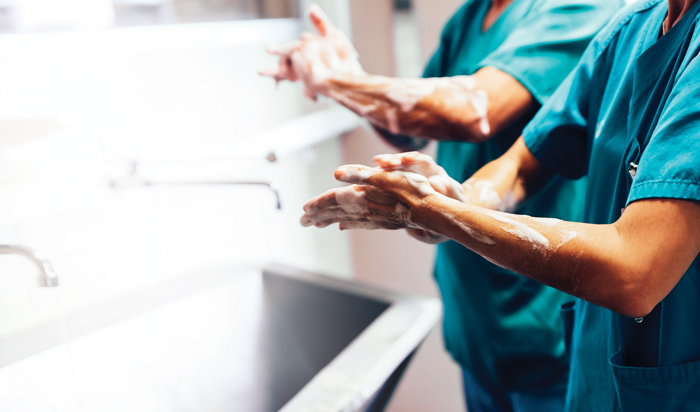
The Importance of Infection Control in Preventing Disease Spread
Strict infection control measures are crucial to stop the spread of diseases. Proper cleaning ensures compliance with these standards.
Key Infection Control Measures for Medical Offices
From disinfecting surfaces to sterilizing equipment, these measures protect against pathogens that thrive in healthcare settings.
Morale of the Staff and Work Output
Medical Office Cleaning Tips: Essential Practices for Maintaining a Clean Facility
Consistency is key when it comes to medical office cleaning. Create a checklist to ensure no corner is overlooked.
Environmental Cleaning Procedures in Medical Offices
Follow detailed procedures to tackle high-touch surfaces, floors, and shared spaces, ensuring every area is properly sanitized.
Best Practices and Standards for a Clean Healthcare Environment
Use industry-grade cleaning agents and equipment to maintain cleanliness, while adhering to health and safety regulations.
Stopping Contamination from Spreading
Water, Sanitation, and Hygiene: The Impact on Healthcare
What is the Impact of Water Sanitation and Hygiene?
Clean water and proper sanitation are vital in medical offices, as they reduce the risk of waterborne diseases.
Promoting Water, Sanitation, and Hygiene in Healthcare
By improving WASH (Water, Sanitation, and Hygiene) conditions, medical offices can reduce patient dissatisfaction and enhance overall outcomes.
Improving WASH Conditions to Decrease Patient Dissatisfaction
Patients are less likely to complain about poor hygiene when proper WASH standards are in place, leading to better experiences.
Why is Medical Office Cleaning Important in Healthcare?
Medical Office Cleaning vs. Other Types of Cleaning
Medical office cleaning differs from regular cleaning due to the specialized focus on infection control and safety standards.
Understanding How Medical Office Cleaning Differs from Regular Cleaning
Healthcare cleaning involves sanitization and disinfection tailored to the unique needs of medical environments.
Why is it Important to Clean Work Surfaces in Medical Offices?
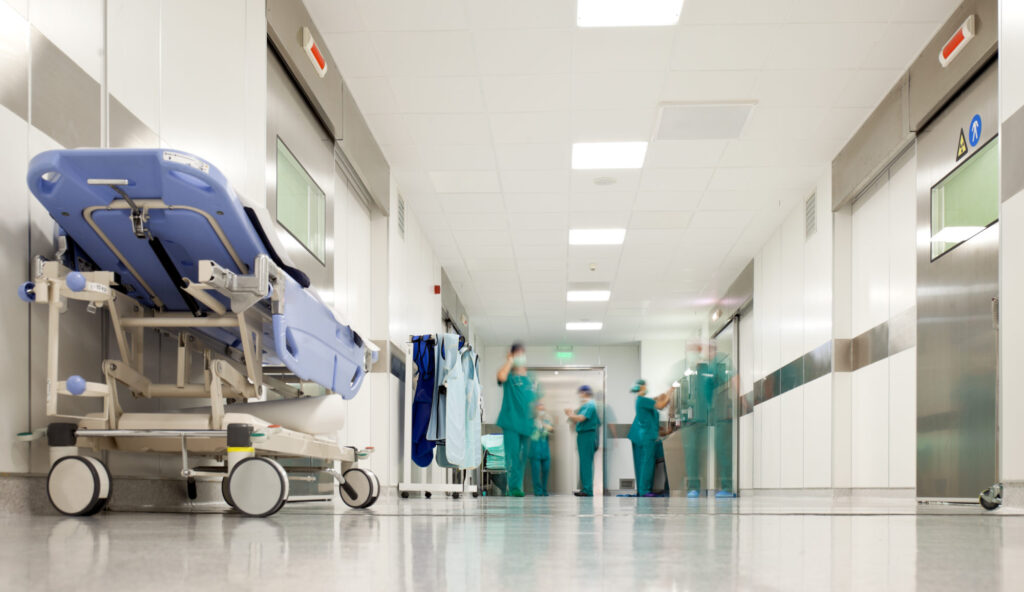
Cleaning Procedures and Methods for Medical Offices
Follow structured cleaning procedures to avoid spreading germs and dirt.
When and How to Clean and Disinfect a Facility
Know the critical times for cleaning, such as after patient visits or during outbreaks, to maintain safety.
Why is it Important to Clean a Patient’s Room in a Medical Office?
The Importance of Clean Patient Rooms in Ensuring Safety and Comfort
Clean patient rooms are essential for reducing infection risks and ensuring a comfortable experience for patients.
Patient Safety in Healthcare Settings
Defining Patient Safety
Patient safety is the foundation of quality healthcare. A clean medical office directly impacts patient well-being and trust.
The Importance of Patient Safety in Nursing and Healthcare
Nurses and healthcare workers rely on clean spaces to provide effective and safe care to their patients.
Increasing Patient Satisfaction
How Medical Office Cleaning Improves Patient Satisfaction and Reduces Mortality Rates
Clean facilities increase patient satisfaction and reduce health complications, making it a win-win for both patients and providers.
Conclusion
Medical office cleaning is about more than aesthetics—it’s about protecting lives, building trust, and delivering quality care. By prioritizing cleanliness, healthcare facilities can enhance patient experiences, safeguard staff, and ensure compliance with health standards. A clean medical office isn’t just an option; it’s a necessity for success.
FAQs
Why is medical office cleaning important?
Medical office cleaning reduces the spread of germs, ensures patient safety, and maintains a professional and hygienic environment.
How often should medical offices be cleaned?
High-touch areas should be cleaned and disinfected multiple times daily, while thorough cleaning should occur at least once a day.
What’s the difference between medical office cleaning and regular cleaning?
Medical office cleaning focuses on infection control, using specialized techniques and products to meet healthcare standards.
Can professional cleaning services improve patient satisfaction?
Yes, professional cleaning services create a safe and welcoming environment, boosting patient confidence and satisfaction.
What role does WASH play in healthcare cleaning?
Water, sanitation, and hygiene (WASH) practices are essential to prevent contamination, reduce infections, and ensure overall health safety in medical offices.
